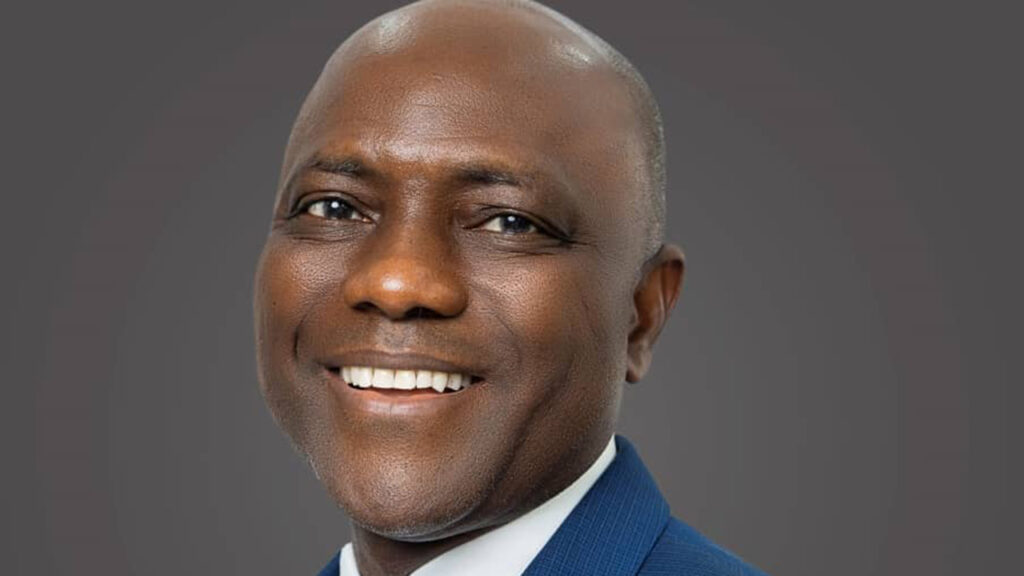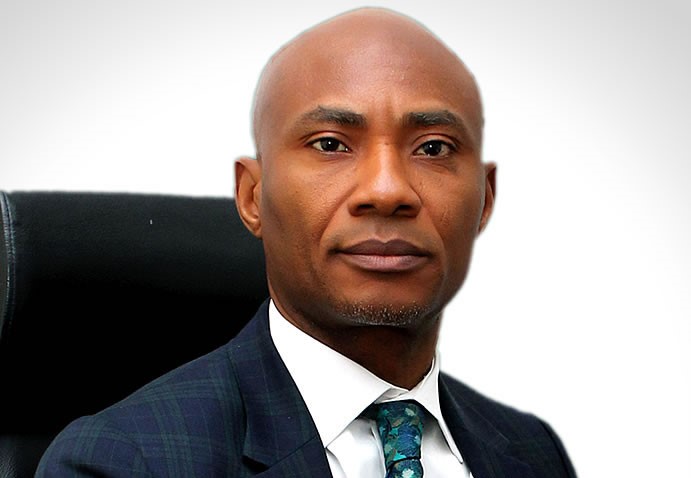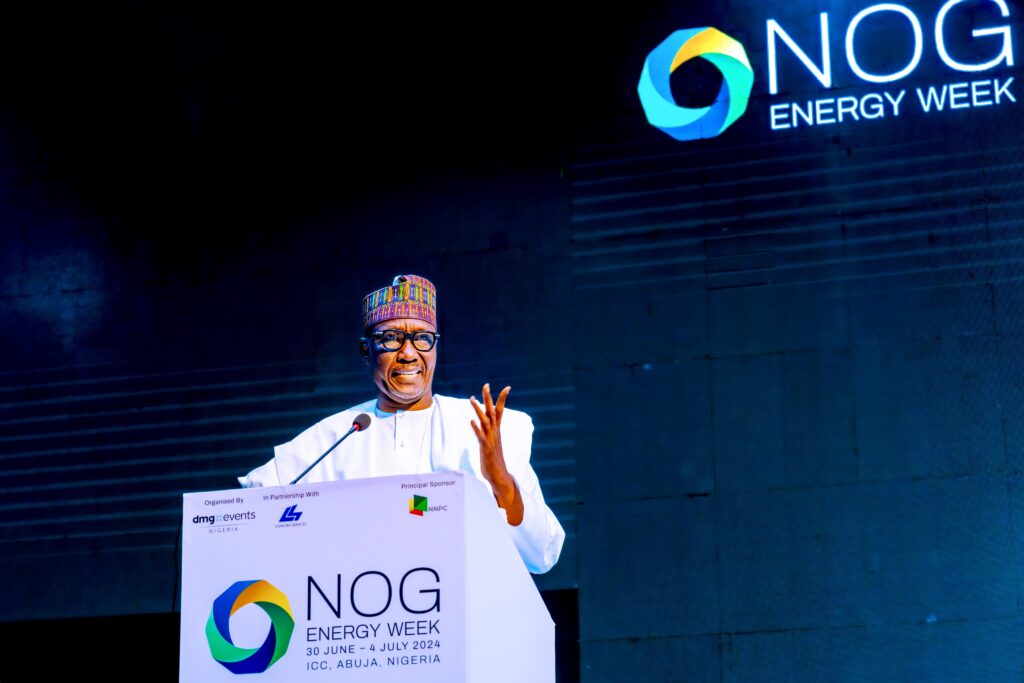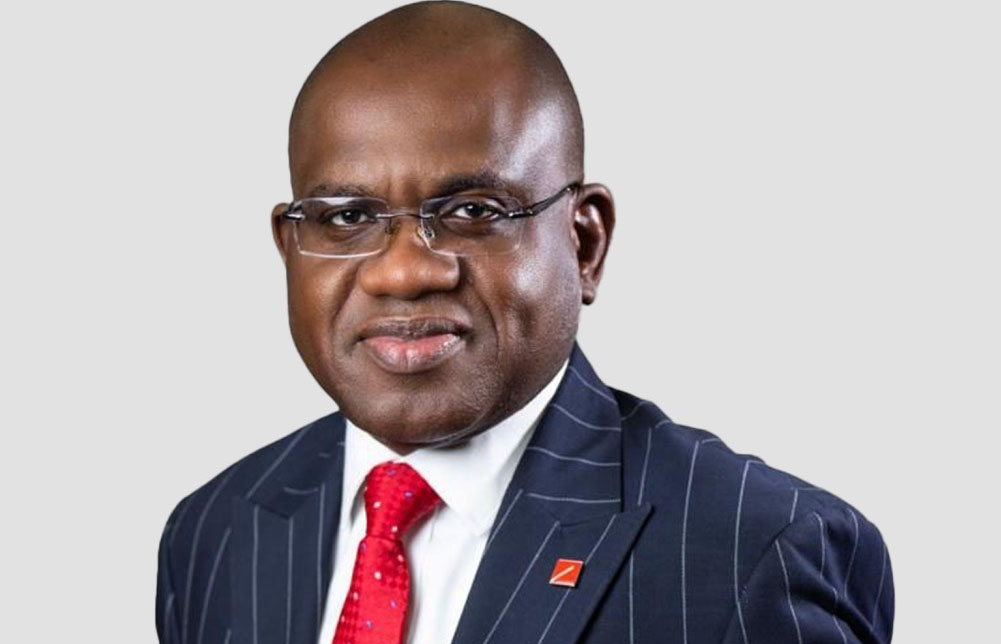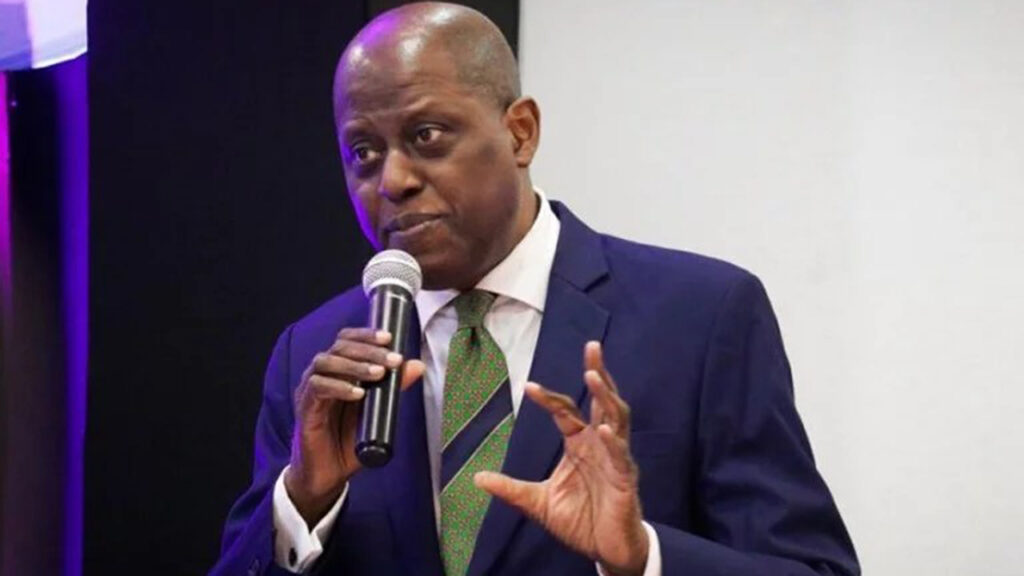After an era of accelerated growth that quintupled its assets (from about N4 trillion in 2014 to over N20 trillion in Q1), First Bank of Nigeria Limited experienced what many people would described as a golden decade under the Adesola Adeduntan team. With the risk manager of the leadership team, Olusegun Alebiosu, now the substantive chief executive, the premier financial institution may have moved on to a sustainability phase, GEOFF IYATSE writes.
First Bank of Nigeria’s 130 years of gripping history is a corporate handbook in many ways. Its fortunes are as great a lesson as its challenges. Its leadership and choice of leaders are fascinating chapters of the book it has become, validating the notion that each era in human history is shaped by the king of the moment.
This is true across the corporate environment but uniquely applicable to Nigeria’s premier bank. For its diffused ownership structure, its leadership is particularly dynamic, adding a great deal of variety to the journey. The confirmation of Olusegun Alebiosu as the new chief executive of the bank is seen as a consolidation of the rich culture of the bank.
At a peculiar juncture in its 130 years of incorporation, the market has seen a new FirstBank that is ready to compete with the new entrants to recover the market it was holding in its grip as a monopolist. First, the bank is consolidating on its adoption of the new ‘click’ banking through which it has invested heavily in digital infrastructure.
The success Alebiosu helped to create
The corporate performance of Q1, the quarter heralding Alebiosu was particularly fascinating across top and bottom-line indicators. First, the bank’s total assets leaped by 28 per cent year-on-year to N20.7 trillion, while gross earnings rose by 178 per cent to N682.5 billion on the back of strong growth in the credit portfolio (which was 33 per cent up from December 2023). Non-interest income, which reflected the robust transactional platforms, doubled year-on-year to N224.6 billion compared with N110 billion it earned in Q1 of 2023.
The chief executive also rode in on powerful bottom-line indicators with profit before tax seeing exponential growth of almost 300 per cent to N209.8 billion and profit after tax growing in the same margin to N188.5 billion. These are not isolated figures but a reflection of a decade of robust performance of the banking group that feeds into the holding company that has become the toast of the investing public in recent years.
For one, FirstMobile, its digital banking application emerged as a household name in the financial technology ecosystem. In 2015, when the platform was still in its infancy stage, its user base was about 60,000, a figure that has soared to over six million as of last year. That has contributed immensely to changing the market’s perception of the institution as a traditional bank to an innovative digital bank.
Today, over 85 per cent of its transactions are initiated via digital platforms, according to insights provided by the bank. That suggests that while it consolidates on its hedge as a saver’s bank, it has also emerged as a transaction-driven bank.
FirstMobile appears to have hit the bull’s eye in the bank’s reinvention drive and efforts to appeal to younger demographics. However, the platform is only one of the many telecommunications-driven initiatives the bank has innovated to get young depositors on board.
FirstOnline has also grown in leaps in terms of users – from about 90,000 to over one million in less than a decade. USSD banking, under the watch of the immediate past handler, is even more successful with users increasing by close to 3,000 per cent in the last eight years, to about 15 million. What USSD banking, which targets feature phone users and rural communities where internet penetration is still very low, has done for the bank is giving a slice of it to the original owners – rural dwellers and non-Internet natives who had never known any other bank than FirstBank.
The success of Firstmonie Agent Banking also validates its age-long popularity in rural areas. Last year alone, its Firstmonie Agent Banking services processed over ₦1.1 trillion in transactions, more than double the amount handled by seven other big banks.
Its strategic investments in technology include the development of its interactive transaction banking platform known as FirstDirect2.0 and the introduction of the humanoid robot to the banking ecosystem in the country. The smart banking initiatives have been complemented by its Digital Xperience Centres (DXC), which are currently located in Lagos, Ibadan, and Abuja with plans to open more across the country.
Overall, its digital banking has evolved in both volume and public perception even with artificial intelligence-driven commercials complementing its digital imprints. Ease, convenience and reliability created in recent years have moved the customer base from 0.6 million in 2015 to well over 42 million customer accounts as of 2023. This number, according to the immediate past chief executive, Adesola Kazeem Adeduntan, would double in no distant future as the organisation migrates more aggressively to transaction-led banking.
Last year, its holding company earned N171.8 billion in income from fees and commissions, a 46 per cent year-on-year growth, demonstrating its success as a transaction-led bank. Its fee and commission income growth was not an exception but drew from impressive performances across the board.
Its operating profit also jumped by 129 per cent, much higher than the industry average, to N361.8 per cent, leading to an earnings per share of N8.56k. The total assets also saw a 60 per cent growth to N16.3 trillion. The total assets, like other metrics, had seen over 300 per cent expansion from 2015 when it was N4.2 trillion.
FirstBank also experienced an aggressive growth in customer base in the past nine years. The figure has grown from 10.9 million to over 42 million customers, leading to the aggressive growth of fee and commission income of the bank.
The bank has balanced the impressive performance metrics of the past decade with much-improved asset quality. The Adeduntan team has magically, for instance, brought down the non-performing loan (NPL) from 45 per cent in 2015 to four per cent (lower than industry average and regulatory threshold). On the driver’s seat of the risk management framework that achieved the feat was Alebiosu.
The risk czar is here
Now the Managing Director/Chief Executive Officer, Alebiosu, will perhaps see his new office from the lens of a risk manager. While the new management is not expected to tamper Adeduntan’s growth pace, Perhaps, the speed could be on a cruise control switch in the coming years, reflecting the cautious character of a typical risk manager CEO.
The board of the bank in making its choice of who succeeds Adeduntan, had considered the recent growth trajectory and the pre-Adeduntan storm during which close to half of the loans of the institution were non-performing. And while these are two different eras, the Nigerian banking system is entering a critical phase reminiscent of the 2005 recapitalisation that created many idle funds and the birth of reckless lending, which sank the industry.
So, FirstBank board is the first mover in what could be an industry race in the coming months – discounting growth for proper risk management in management appointments and investment decisions. This is even much more relevant considering that the industry is wrestling with a volatile macroeconomic situation, including the feeling of losing out created by the bubbling fintech industry which has mastered a lending-on-the-go growing culture.
The appointment of Alebiosu must have been well thought out given his pedigree as a risk management expert. The bank has always emphasised that ensuring risk management was critical to it.
No one is left in doubt that the appointment of Alebiosu is in line with the bank’s plan to strengthen its control further and manage the risks effectively especially given that the bank has made good recoveries in recent years and reached an advanced growth stage.
Before his appointment, Alebiosu was the Executive Director, Chief Risk Officer and Executive Compliance Officer, a position he held since January 2022. Prior to that, he was the Group Executive/Chief Risk Officer, a position he occupied for six years, starting in 2016.
He brings to the executive management of the bank over 28 years of experience in the banking and financial services industry with cross-functional exposure to credit risk management, financial planning and control, credit and marketing, trade, corporate and commercial banking, agriculture financing, oil and gas, transportation (including aviation and shipping) and project financing. This also suggests that he is as much a pro-growth banker as much as he is a conservative risk manager.
The appointee started his professional career in 1991 with Oceanic Bank Plc (now merged with EcoBank Plc). Prior to joining FirstBank in 2016 he served as Chief Risk Officer at Coronation Merchant Bank Limited, Chief Credit Risk Officer at African Development Bank (AfDB) Group and Group Head of Credit Policy, and Deputy Chief Credit Risk Officer at United Bank for Africa Plc.
There is no doubt that with these towering credentials, the new helmsman at FirstBank who currently leads the bank’s transformational agenda is committed to offering value through innovative financial solutions, bringing together unmatched scale, industry expertise, market insight and years of financial management expertise is well-prepared for the job. He understands the bank’s mindset, which is that the safety of its customers and the security of their transactions come first.
The biggest test before the team led by Alebiosu is achieving the new minimum capital base of N500 billion in less than 24 months. There is no doubt that a bank of the mould of FirstBank will attract new investors from across the globe. The team’s ultimate task could be the blend of investment that sits well with the risk sensitivity of Alebiosu.

